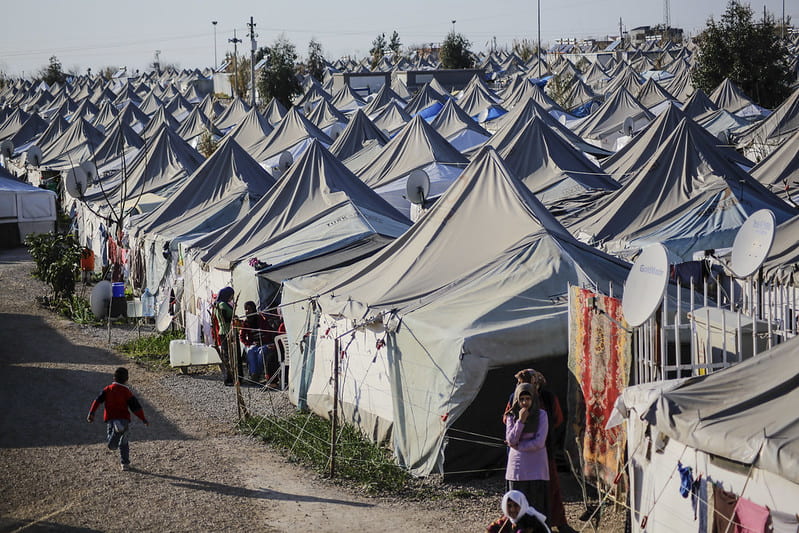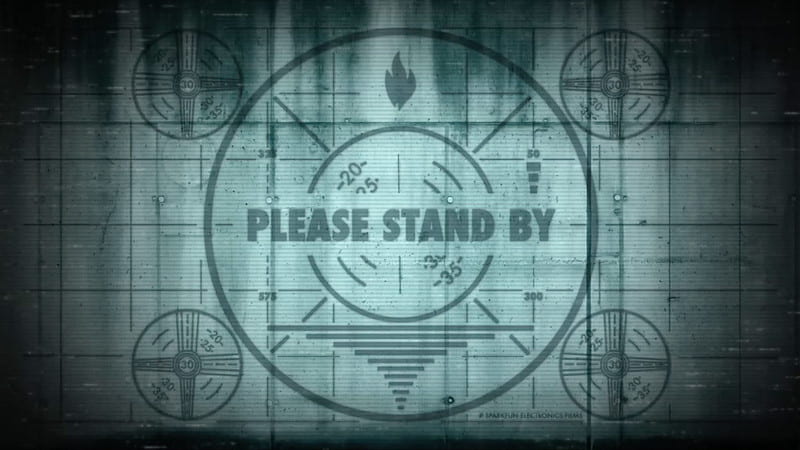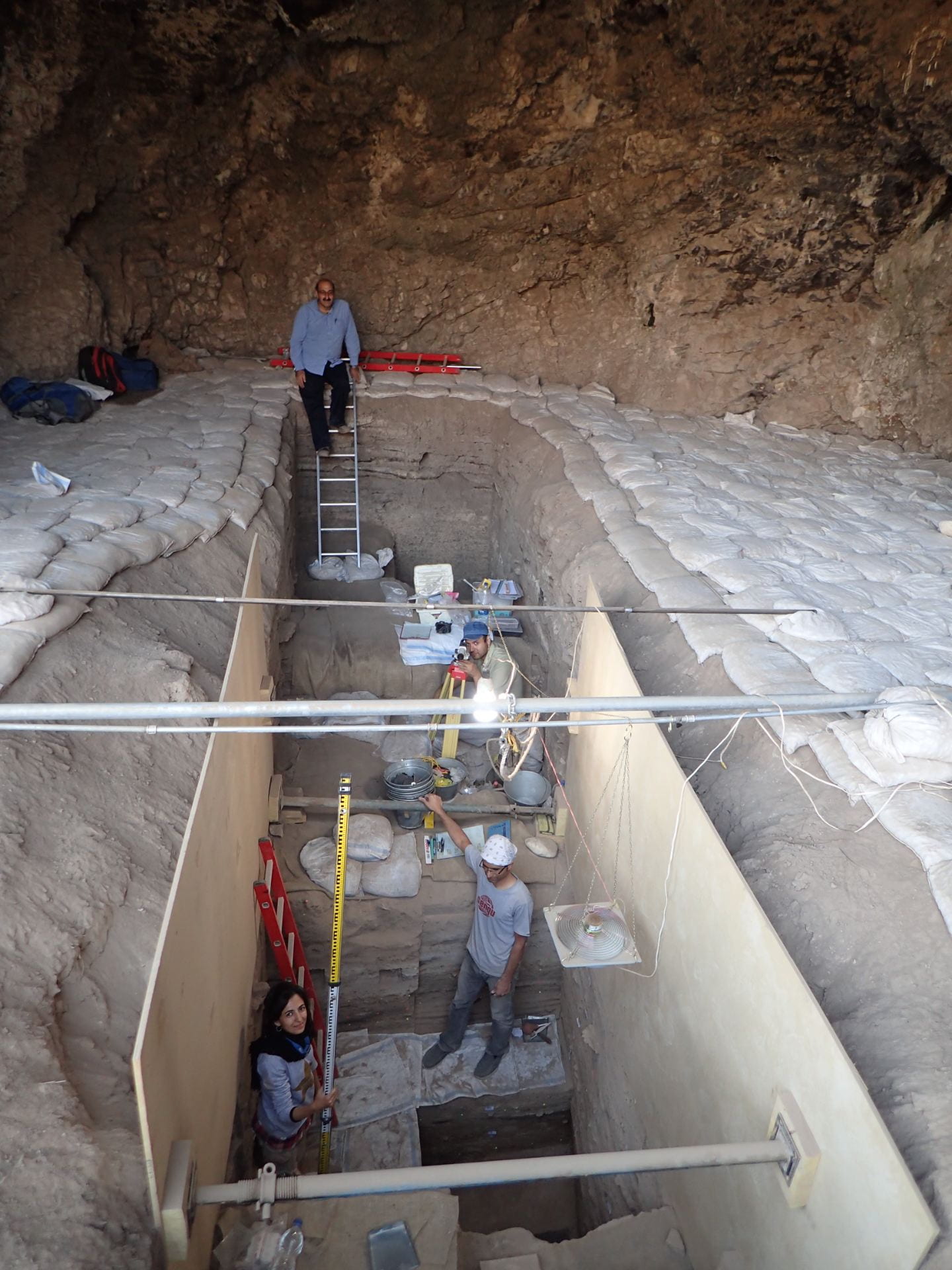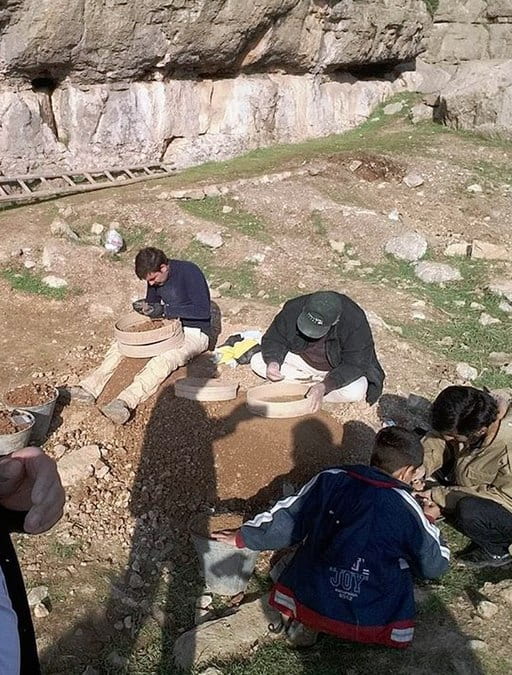Kyle Olson, an alumnus who studied Archeology and Persian here at Ohio State and then received his PhD in Anthropology from the University of Pennsylvania. He now works as a lecturer at Washington University, and he has conducted surveys in Oman, Turkmenistan, and Hungary. Dr. Olson has also lectured on archeology worldwide. We discussed his experience learning Persian and applying it in the field. As a Critical Language Scholarship recipient himself, Olson provides his recommendations for students looking to learn this valuable language. We also explore the centrality of archeology in international relations, history, and other disciplines. As a deeply politicized field, Olson comments on the need to address power inequalities within archeology. We were thrilled to get the chance to talk to him about his experiences doing fieldwork and engaging with scholars in Iran as an archeology insider and fluent speaker of Persian.
Interested in learning Persian? Check out Persian Studies at Ohio State University, and our Persian language program.








